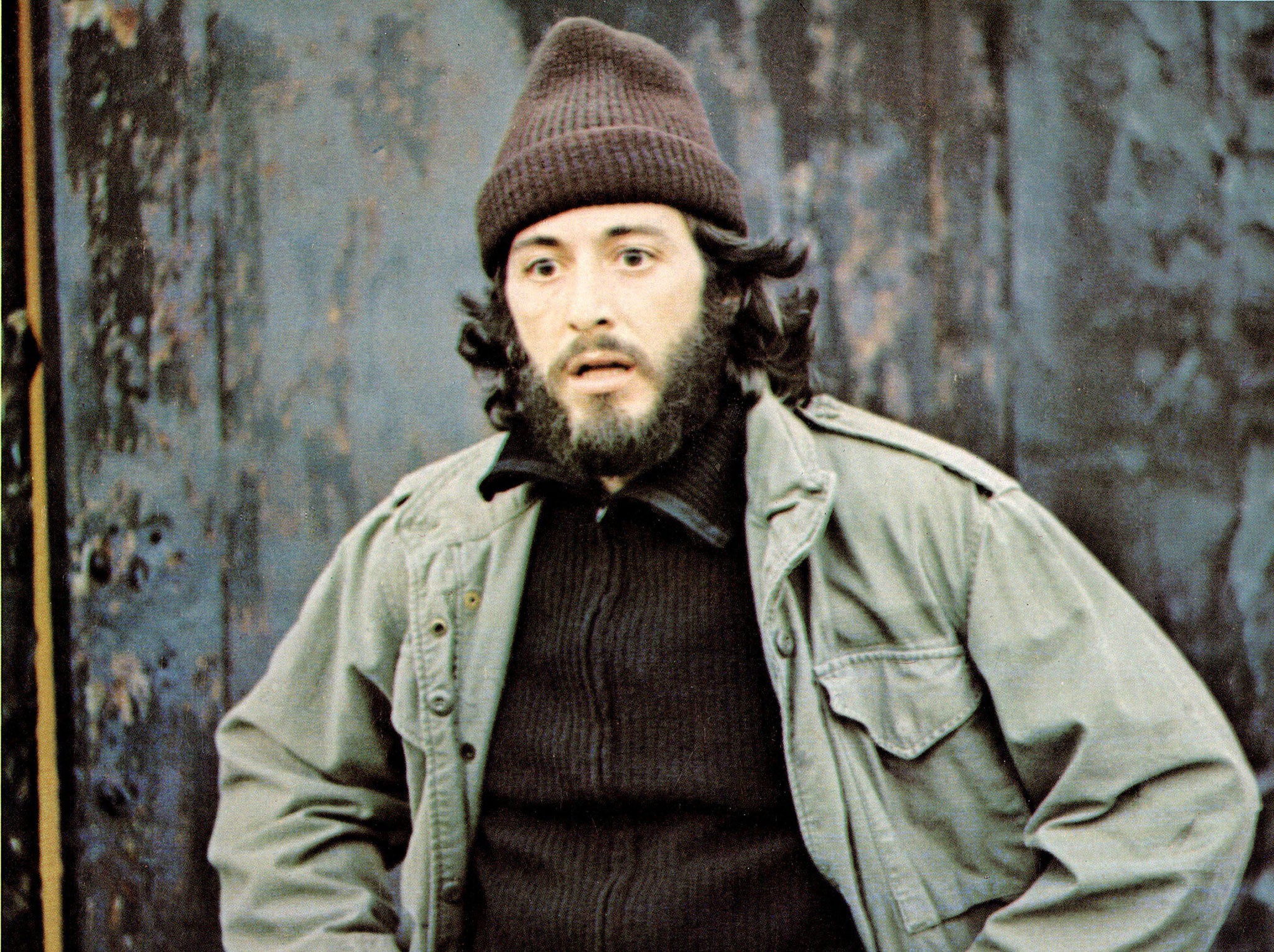What makes a whistleblower? Bradley Manning follows in an illustrious tradition of truth-tellers
I spoke to five famous whistleblowers to learn what made them do it

I’ll never forget my interview with Frank Serpico. Anyone who has seen the eponymous film starring Al Pacino will know the name. Serpico is, for many, the archetypal whistleblower. A New York policeman in the 1960s, he fought relentlessly for years to expose institutional corruption within the force, enduring the hostility of colleagues and of superiors and watching his personal life crumble under the stress. Finally he was redeemed – his testimony made it to the front page of the New York Times and the powers that be were suddenly on his side.
Forty years later, I spoke to him over the phone for an article I hoped would get to the bottom of the character and mentality that makes someone turn whistleblower. I still remember the words coming down the line in his Brooklyn accent: “It’s over 40 years already. Do you think the New York City Police Department has ever forgiven me?” Serpico lives alone in a log cabin in the woods, in the north of New York state – an outcast.
He comes to mind again today as another whistleblower, Private Bradley Manning, awaits his fate. Like Serpico, Manning has the backing of large sections of the media and even a devoted following worldwide. Unlike, Serpico, the powers that be are not on his side.
Whatever your opinion on the ethics of what Manning did - or what Edward Snowden did - you can be sure that it took an extraordinary level of personal courage for them to do it.
I spoke to five whistleblowers, all of whom made the news in the past 10 years. (My interviews appeared in the Independent Magazine in March). Each whistleblower paid a heavy price for speaking out. None of them felt like they’d completely recovered from the backlash. But none of them regretted what they’d done. Will Manning regret his actions? We’ll see.
What kind of people turn whistleblower? With my interviewees, some had always had a problem with authority. A healthy problem, I’d say. Serpico probably falls into this category. But sometimes, the last person you would expect to blow the whistle does just that.
Perhaps the most striking of my five whistleblowers was Michael Woodford – a high-flying businessman who was no less than President and CEO of Japanese tech giant Olympus when he exposed corrupt practices at the very top of the organisation.
But what they all had in common was an early memory, or an early inspiration, that had burned into their consciousness and made them persevere against a higher power, knowing in their heart they were in the right, even as the walls closed in around them.
For Serpico it was a fat police officer who walked into his father’s shop for a shoe shine and didn’t deign to pay for it. For Woodford; the look of dismay on his mother’s face when he stole from her purse as a child.
None of the five I spoke to ever faced the kind of sentence that could be handed down to Bradley Manning today. For leaking documents and apparently “aiding the enemy”, he could be imprisoned for life. Edward Snowden, the former CIA man currently living in limbo at Moscow’s Sheremetyevo airport, probably faces a similar charge if his government ever catches up with him.
Where they found the courage to do what they did, we may never know.
John Le Carré, a man who knows a thing or two about the solemn secrets that intelligence agents take on, told the BBC earlier this week that Snowden was different to other whistleblowers, in that he seemed not to have realised that he wouldn’t get away with it.
“If you’re a whistleblower you go in with your eyes wide open and you know you’re going to have to take the rap,” he said. “You may get away with it but it’s unlikely. If you elect to become a whistleblower then either you say you’re going to face the music or find somewhere safe to live.”
He’s right up to a point. Every whistleblower I have spoken to had an idea of the backlash they would face. None of them appreciated that it would be as bad as it was.
Of course we can’t assume to know the state of mind of Bradley Manning as he awaits his sentence today, or Edward Snowden as he sits in a Moscow airport, but I would guess that both feel extremely, crushingly lonely.
Serpico once asked a colleague who claimed to be “honest” why he had never spoken out and supported him. “He shot back: 'What and be an outcast like you?'”
Whether or not we think Manning and Snowden deserve to “face the music” or whether they knew what they were bringing on themselves is moot. They are whistleblowers, which means setting yourself, alone, against a greater power. Whatever you believe, that’s an act deserving of respect.
Join our commenting forum
Join thought-provoking conversations, follow other Independent readers and see their replies
Comments
Bookmark popover
Removed from bookmarks